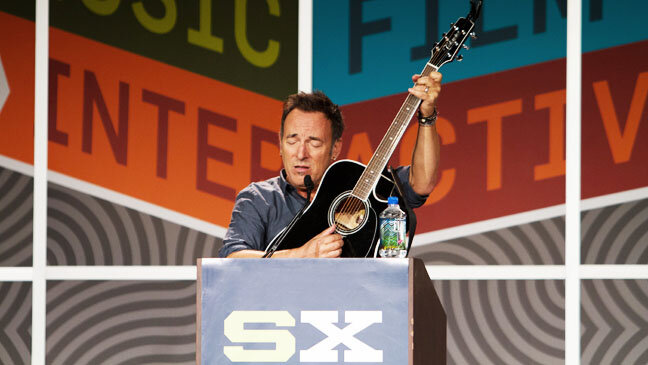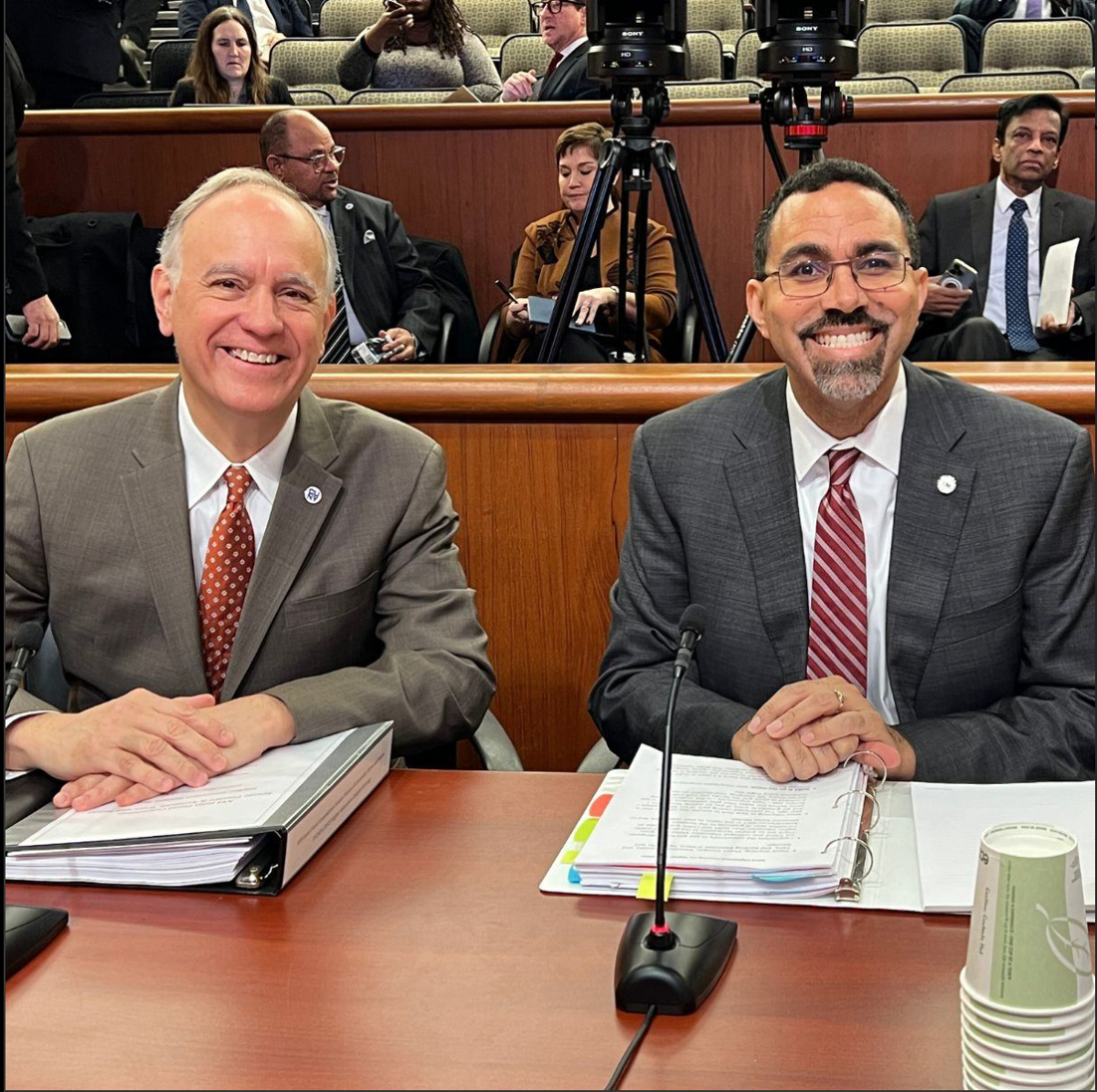The idea of growing up is no stranger to Bruce Springsteen. Especially not when he has an entire song dedicated to the process.
In 1973, Springsteen was young and hungry for success, and at 23, he was already poised to be “the next Bob Dylan”. As much as the rocker rejected the title, the winded and jumbled hearty lyrics that encompassed his debut album, Greetings from Asbury Park, N.J., bared a striking resemblance to the prose of the established folk singer.
The album was not an outright success despite being lauded by rock critics and its biggest hit, “Blinded by the Light,” which was a cover from the English band Manfred Mann’s Earth Band, that reached heights never seen by the original.
Listening to the album 47 years later, the little gems that are flitted about the record would make anyone wonder why this guy never got his big break sooner. Harpooned by a record deal with Columbia Records, the fast-talking street poet wouldn’t touch the inklings of stardom until his third and most explosive album with 1975’s, Born to Run.
Greetings from Asbury Park, N.J., Born to Run and everything since was Springsteen shouting into the echo chamber of youth and rebellion, just hoping that someone would listen. In his latest release, Letter to You, Springsteen along with the E Street Band, questioned why anyone ever did.
Springsteen never had trouble telling stories, and at 71 he told the most important one yet. He sang about real life but never his own reality. In Letter to You, the stories he tells are no fantasy. With Letter to You, Springsteen is grappling with the bastions of nostalgia while simultaneously attempting to create something as invigorating as the first few albums of his career.
And it is In part because of the content of the songs that were recorded. Being able to capture the apprehension of growing older within the purview of a rock ’n’ roll record is no easy feat, but in classic fashion Springsteen delivers.
The album, which consists of a potpourri of newly written tracks and older songs created decades ago by a much younger Springsteen, was inspired by an event that starkly contrasts the animated and lively thematic nature of the rocker’s first albums.
The summer of 2018 saw untimely the death of Springsteen’s long-time friend and front man of his first band, The Castiles, George Theiss. Theiss’ death sparked a sense of urgency in the singer that resulted in a week and a half long writing session where a good portion of the album was written.
“It [Theiss’s death] just led me to reflecting on what that time in my life meant to me, what I learned.” Springsteen commented in a recent NPR interview. “He and I were the last living members, so when he passed away, that left just me — all the other guys passed away at relatively young ages.”
Springsteen explores his relationship with death on the first track of the album, “One Minute You’re Here.” He grapples with the sudden nature of death while still living through the autumn of his career.
“Big black train comin’ down the track/Blow your whistle long and long/One minute you’re here/Next minute you’re gone” drawls Springsteen in the first verse of the song. Despite the use of classic and familiar tropes of trudging trains and gravel paths, the song and album’s pathos remain sincere.
It is difficult to not understand the sincerity of the message while knowing Springsteen’s past dealings with death. 2008 saw the passing of organ player and original E Streeter Danny Federici. Three years later, rock fans everywhere mourned the loss of “The Big Man” Clarence Clemons, the seemingly larger-than-life saxophonist of the E Street Band. Although it’s not the end, Letter to You seems to act as a bookmark to an explosive career. From the high taut rebellious energy of Greetings from Asbury Park, N.J and Born to Run to the working-class strife that permeated Darkness on the Edge of Town and Born in the U.S.A., Letter to You is Springsteen on the backburner. A lively retrospective that makes growing up and growing old a little easier to deal with.






